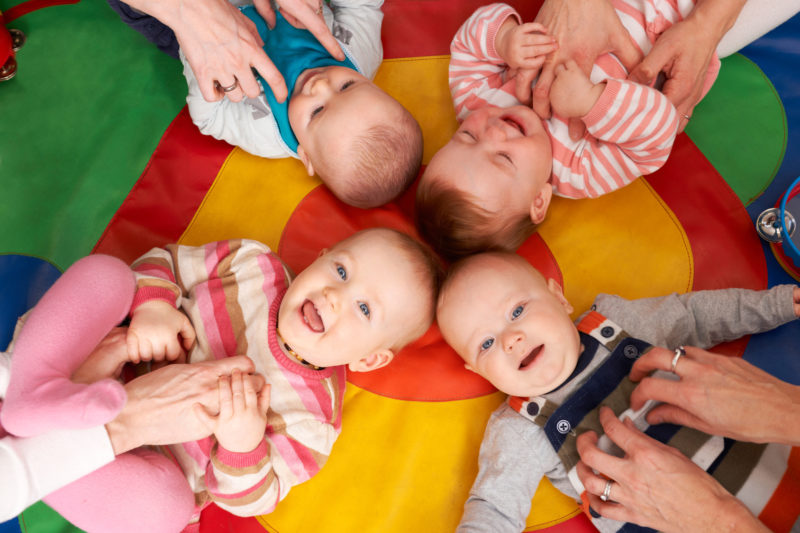
Wellbeing is a concept which is very familiar to adults, and improving wellbeing is often seen as a life goal. The concept is just as relevant for early years children too and should form an intrinsic part of nursery care.
Why is wellbeing important?
Wellbeing in modern times represents a lot more than just being healthy or being OK, it is about flourishing and blossoming at life as a means to achieving potential. For children, having a sufficient state of wellbeing in their early years gives them a great start to life at school. Having poor wellbeing increases the risk of issues in adult life such as anti-social behaviour, drug or alcohol misuse, mental health problems, engagement in criminal activity and lower attainment in education.
Wellbeing will not mean the same thing for every child and may be related to different contributory factors than what we may consider as adults. Much of achieving wellbeing depends on the circumstances at home as well as in a childcare setting. An individual child will be impacted by the wellbeing of the other children and adults around them, and in turn their wellbeing is affected by local, national, social and economic factors. A child with a steady state of wellbeing can see this negatively affected by even the smallest of events.
How can wellbeing be supported?
A study in 2009 by the Early Childhood Studies department at London Metropolitan University (LMU) and the Early Childhood Forum at the National Children’s Bureau (NCB), showed that children value four factors when discussing wellbeing. These were having quality relationships with others, having outside space to play in, being adequately listened to and focusing on the present, rather than the future.
https://www.teachearlyyears.com/a-unique-child/view/wellbeing-in-the-early-years
Whilst wellbeing will differ from child to child, it is possible to have an environment that supports positive wellbeing across all children. This could include some of the following elements:
– having access to indoor and outdoor areas for play, with challenging and engaging play materials
– opportunities for free-flow and imaginative play
– support and understanding of all types of family structure and cultural backgrounds
– acceptance for children experiencing different emotions, with support to be able to understand these
– children feeling that they ‘belong’ with their peers and other children
Within childcare settings it is just as important for members of staff to feel valued and supported, so that they can promote positive wellbeing for the children in their care.
Recognising wellbeing
Alongside efforts to support wellbeing on a daily basis, it is vital that staff understand the signs that a child’s wellbeing may be declining or at risk of declining. Many of these signs may already be being monitored, such as the child being healthy and well cared for and their physical and mental development. Wellbeing also include such emotional signs as being interested in new things, showing empathy, friendliness and other social skills, and interaction with a wide range of adults and children.
The early years represent an excellent opportunity for childcare providers to influence and improve the wellbeing of the children in their care.
